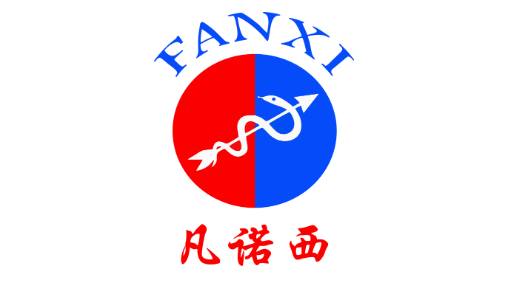
The fingernail-sized chip can unravel "secret" of gene.
Several drops of blood, several hours, and several hundred yuan are enough to get a whole human gene sequencing to unravel all "secrets" in gene. That is what Chengdu Geneus Technology Co., Ltd. (Geneus Technology) is working to realize. On August 31, the reporter learned from Tianfu Life Science Park that, "The development of the 4th generation nanopore gene sequencer core microflow chip", a project of Geneus Technology, was approved as part of the Science & Technology Department of Sichuan Province's "Major Science and Technology Projects of Biotechnology and Medicine in Sichuan Province 2018" and won RMB 2 million of fund support. Only three projects of medical apparatus and instruments in Sichuan Province received the special subsidy.
Black technology: fingernail-sized microflow chip empowers high-throughput sequencing
With the project "The development of the 4th generation nanopore gene sequencer core microflow chip", the company won the special fund support from the Science & Technology Department of Sichuan Province. At the office of Geneus Technology in C1, Tianfu Life Science Park, Founder and CEO Su Yunpeng told the reporter that the 4th generation nanopore gene sequencer was put under R&D this January, and up to date, the first version of its core part-microflow chip has taped out (namely: passing through a series of procedures to produce chips). Su Yunpeng showcased a fingernail-sized microflow chip, with width less than 1 millimeter. "It may be small, yet it can support the normal operation of tens of millions of order of magnitudes of protein nanopores, and realize high-throughput nanopore sequencing featuring single molecule, low costs, high data quality, and convenience."
Since its inception, Geneus Technology has envisioned to realize whole human gene sequencing with just "several hundred yuan, several drops of blood, and several hours". According to Su Yunpeng, the mainstream second-generation and third-generation gene sequencers in the market are all priced at several thousand dollars, and cannot offer fast results. Meanwhile, considering the data quality, read length (the length of one-off basic group sequencing), coverage rate, and sensitivity, those sequencers can only do simple gene sequencing, and cannot be used in precision medicine. "Human body has 6 billion basic groups, for which the total length is about 2 meters. For existing mainstream second-generation sequencers, their read length is 150 basic groups, and such a short read length cannot recognize mutation information in human gene structure." According to Su Yunpeng, with those shortcomings, the second-generation and third-generation gene sequencers have no clinical use. The 4th generation nanopore gene sequencer developed by Geneus Technology uses microflow chip, analog chip, digital chip, and other core components to render clinical use of gene sequencing.
Targeted at clinical use Estimated to put onto market in 2021
"The RMB 2 million special fund support will be used to tape out chips and in testing. It costs somewhere between RMB 200 thousand and 3 million to design a chip, get it taped out, and produce it out. If we work together with others to tape out chips, the cost will range from RMB 200 thousand to 300 thousand; we will tape out chips independently, the cost will be RMB 3 million." According to Su Yunpeng, since January this year, the company has invested RMB 6 million in the R&D of the 4th generation nanopore gene sequencer, and will spend RMB 200 million to put the product onto market.
As people show more concerns to health, the market of gene sequencing enjoys a bright future. Roche, a global leader in gene sequencing, predicted that by 2025, the upstream and downstream market size of gene sequencing will exceed USD 600 billion. In upstream and downstream market, gene sequencer is the starting point of the gene sequencing industrial chain, and also a key link, offering basic support for the middle and downstream. "In the future, precision medicine of big health industry will be a promising direction, with clinical medicine as a key part. The extension of gene testing to clinical medicine will not only boost the development of precision medicine, but also bring convenience to patients in treatment." As far as Su Yunpeng can see, clinical medicine will take up a large market share in gene sequencing, and the company has to enter the market. Geneus Technology will roll out the prototype of the 4th generation nanopore gene sequencer by late this year, and the 4th generation nanopore gene sequencer is estimated to be put onto market in 2021. "It is estimated that within three years after the launch of the product, annual sales revenue can record RMB 1 billion, and it is well-poised to break monopoly of European and American manufacturers in gene sequencing in domestic market." Su Yunpeng is full of confidence in the company's future development.



Park WeiChart